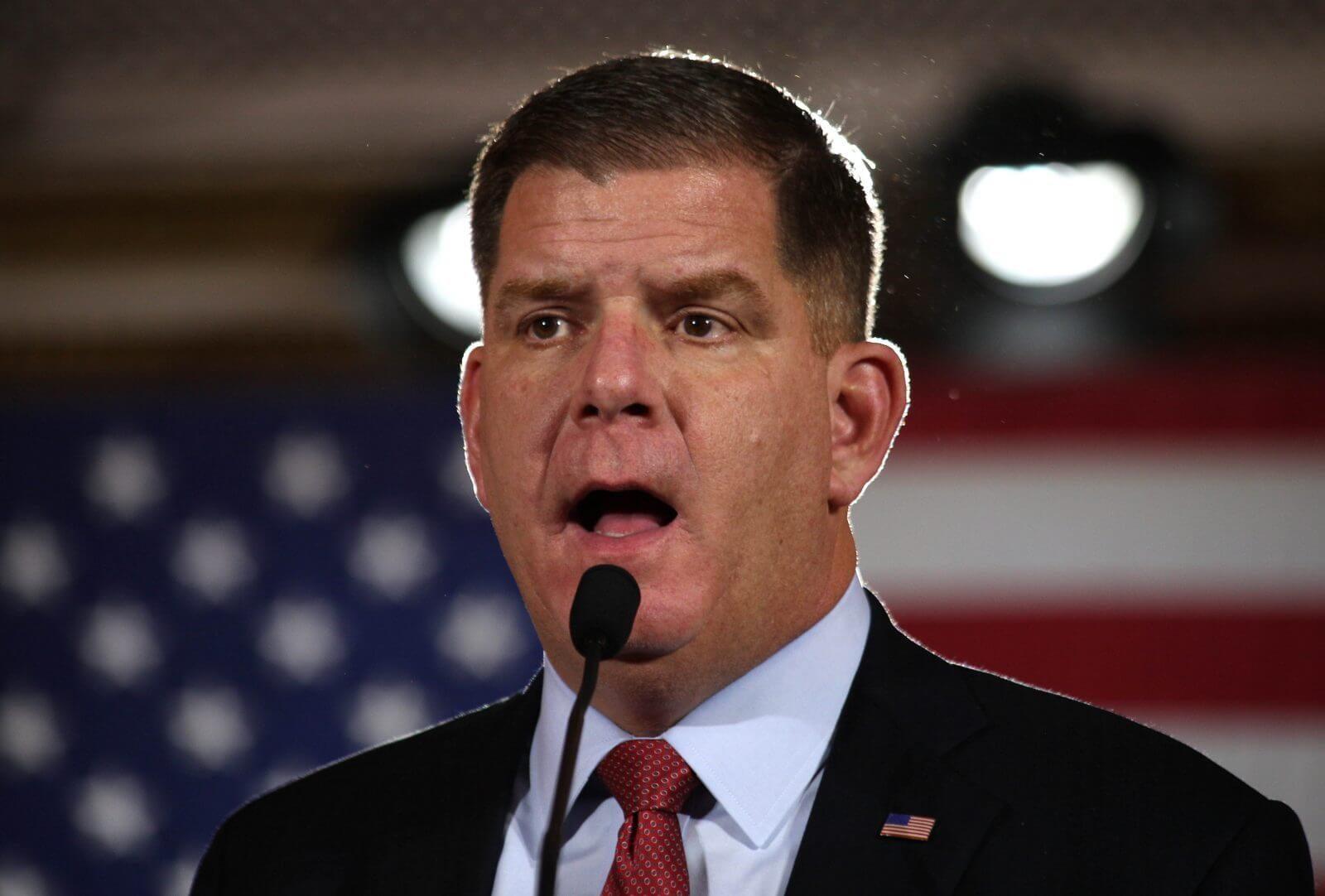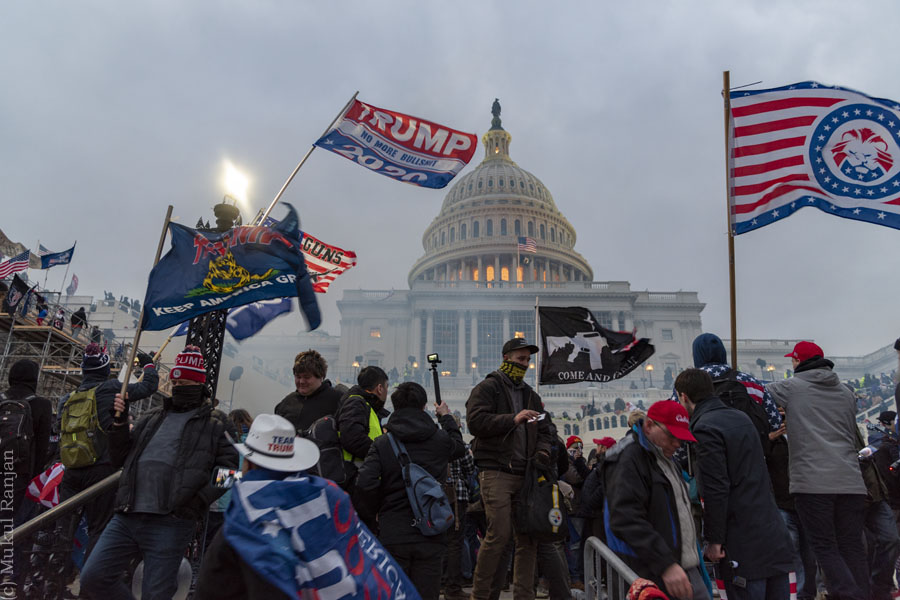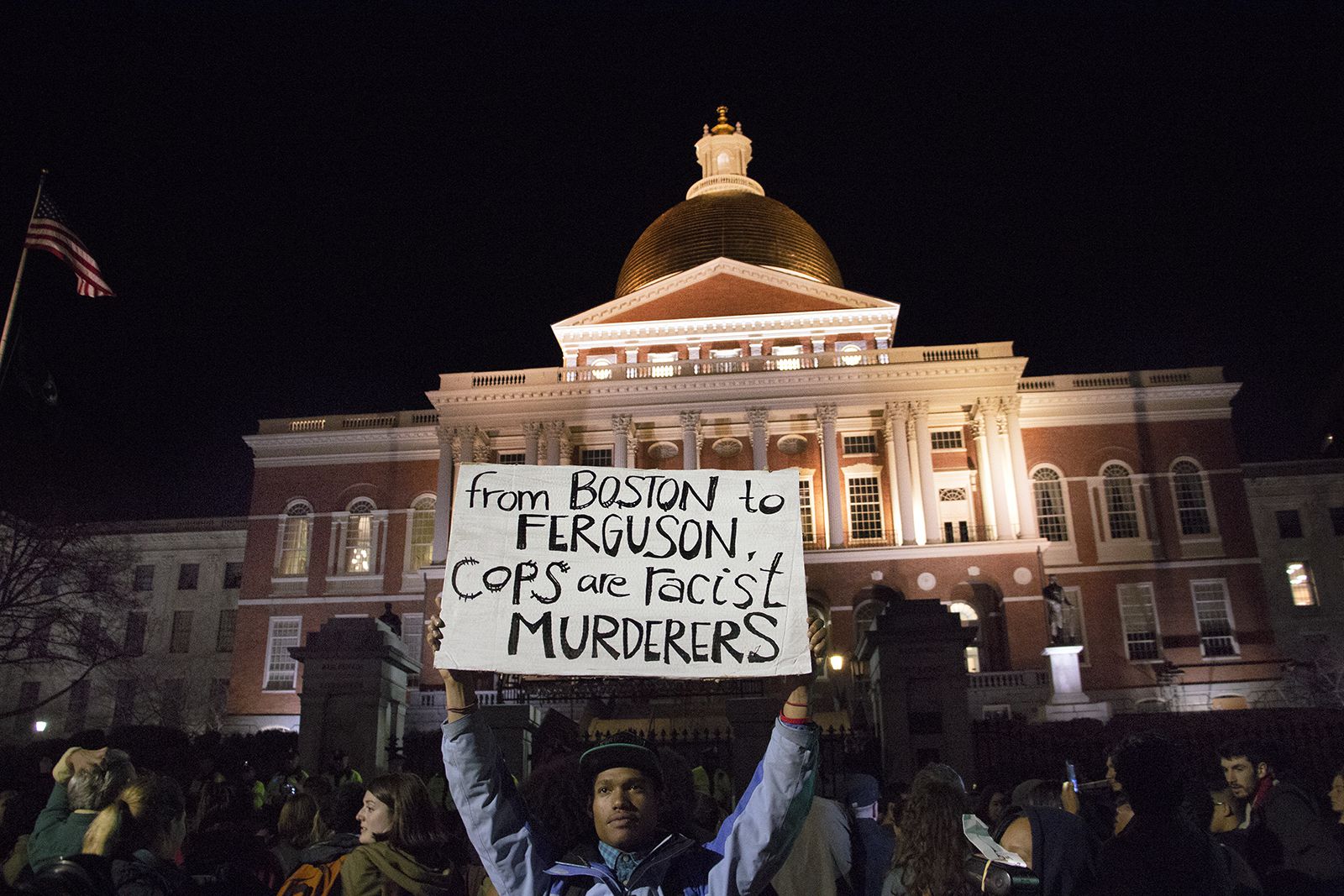After the government shutdown on Oct. 1, the U.S. Court of Appeals for the First Circuit is expected to run out of funding by Monday, forcing all court employees to either be furloughed or to work without pay once funds dissolve in Boston.
Susan Goldberg, a spokeswoman for the Federal Court of Appeals, said the court must stay open regardless of whether employees are paid.
“We will be operating no matter what,” she said. “The question is how much … we’ll be able to provide, given the reductions we will have to make. But we will not close. We will be operating as near to 100 percent as we can … The stress falls most clearly on the employees, both those that are here and those that are not.”
Goldberg said the main problem lies in employees not receiving the money they need for living costs.
“The fundamental issue, of course, is no one’s going to be receiving a paycheck,” she said. “That’s a huge burden for many court employees who rely on their paychecks to pay for basic expenses, and of course if employees are furloughed, they will have double or triple the amount of problems.”
Although the debt ceiling is approaching on Oct. 17, U.S. President Barack Obama and Speaker of the House of Representatives John Boehner have yet to compromise on their respective stances regarding the Affordable Care Act in order to end the shutdown and resume federal funding.
Several high-profile cases are scheduled to be heard in the U.S. District Court in South Boston, such as the trials of James “Whitey” Bulger and Boston Marathon bombing suspect Dzhokhar Tsarnaev. If the shutdown persists, both might need to be rescheduled due to the lack of funds, according to various news outlets.
Jake Sullivan, chief of staff for Federal Relations for the City of Boston, said with the debt ceiling impending, using up reserves this early could create serious problems.
“We’re looking at existing grant funds that we have and all city agencies and how long they can continue to provide levels of services,” he said. “Long-term uncertainty really could create harm, and as you dip into reserves and use your contingency plans, it becomes harder to deliver a certain level of service for your residents, so we have to see how it all plays out.”
Sullivan said the Obamacare debate does not justify the negative effects of the shutdown.
“The federal government needs to really dig in and make some decisions,” he said. “Members of the Massachusetts delegation [are] calling [to] end to this shutdown. Let’s vote a clean budget through and stop debating about the Affordable Care Act, which has already been voted on by the Supreme Court. We’d like to see the small faction in the House come to some compromise and move this debate forward.”
John Drew, president and CEO of the Action for Boston Community Development, said he is hoping ABCD can stay open until the government decides to reopen.
“75 cents for every dollar we get comes from congressional cooperation,” he said. “That means we start to dry up and our programs are not authorized to run and we don’t get any money.”
Due to the lapse in funding, Drew said ABCD’s programs are suffering.
“We may not be able to help 20,000 households with any assistance, we may have to shut down all of our daycare programs for up to 8,000 children, we may not be able to have any of our offices open to have people get direct access to all kinds of services they need, and we run homeless shelters, so I’m not sure how long they’ll continue,” he said.
Goldberg said in such trying times, she has seen many employees coming together to make sure things proceed as normally as possible.
“It’s just a very stressful situation,” Goldberg said. “I think [employees] will give it whatever it takes. I have heard employees talking about ways to support each other and I would not be surprised at all to see that kind of thing happen … even the last time [the government shut down] did not end up lasting long enough to affect [the] judiciary, so a lot of this is uncharted territory for us.”
Jenna Binsfield and Steven Dufour contributed to the reporting of this article.





















































































































